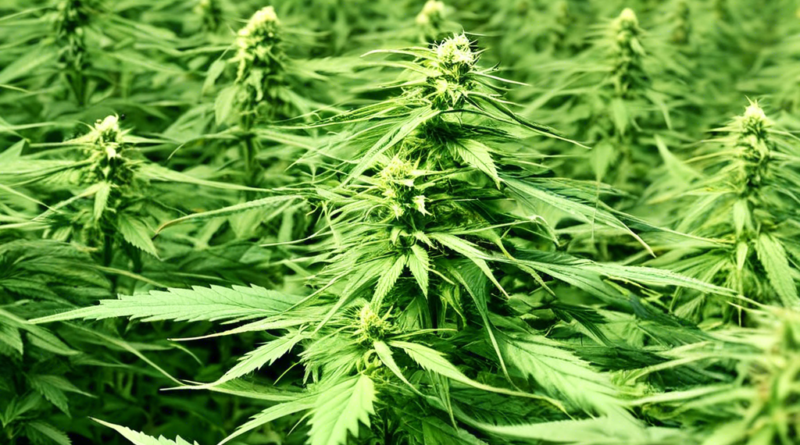US Senate Appropriations Committee’s Agriculture-FDA Bill Poses Threat to Hemp Industry
Unanimous Approval and Its Consequences
The US Senate Appropriations Committee has given a unanimous nod to the Agriculture-FDA spending bill. This approval holds substantial ramifications for the hemp industry in the United States. At the core of this spending bill is an amendment targeting most consumable hemp-derived cannabinoid products, including popular items such as delta-8 THC and CBD products that contain any detectable amount of THC. Should this be enforced, it places almost the entire hemp industry under existential threat.
The amendment, introduced by Mary Miller through a procedural mechanism, aims to regulate the booming intoxicating hemp industry. However, this regulation comes with a steep cost; it would effectively ban 90-95% of hemp products available in the market. Interestingly, it even extends to certain FDA-approved animal feeds, sparking concerns across the industry about its far-reaching and restrictive implications.
Federal Regulation and Industry Response
This legislative action represents a considerable federal intervention in the hemp and CBD sectors, industries where several states already have their own regulations in place. The US Hemp Roundtable has been steadfast in its efforts to influence the bill’s language, engaging in over 100 lobbying meetings with members of Congress. Despite their efforts, they could not modify the amendment’s prohibitive clauses.
Rep. Dan Newhouse played a pivotal role by inserting report language into the bill, tasking the FDA with evaluating the safety and public health implications of ingestible, inhalable, or topical cannabinoid products. This report language pushes the FDA to establish legitimate federal regulatory boundaries intended to protect public health. Aspects like labeling requirements, testing methods, packaging standards, and mandatory age restrictions are highlighted as key areas needing regulatory focus.
The bill also mandates the FDA to provide a comprehensive briefing to the committee within 180 days of the bill’s enactment. This briefing is expected to detail the authorities required to regulate cannabinoid hemp products effectively, ensuring robust consumer safety measures. This requirement aims to prepare regulatory frameworks for consumable hemp products, potentially mitigating the restrictive nature of the amendment.
Despite the initial setback brought about by the bill’s approval, the US Hemp Roundtable remains hopeful. They believe the inclusion of the report language, which leans towards regulation rather than outright prohibition, will be instrumental in the continued advocacy for the hemp industry. Yet, the approval of the Agriculture-FDA spending bill and its amendment raises considerable concerns. The possible prohibition of most hemp-derived products is alarming, posing a threat to the industry’s growth and operational sustainability.

